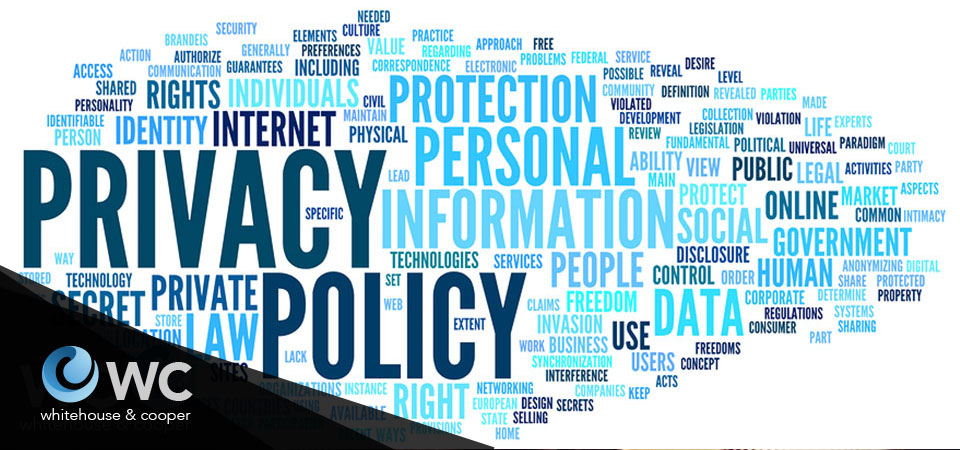
Understanding Noncompete Agreements in Florida
Every business has proprietary information it generates and uses to maintain a competitive edge. Certain employees may need to know this information to perform effectively for your company. How do you prevent these employees from taking your trade secrets and inside information to a competitor or launching their own business across the street?
A noncompete agreement is a contract that restricts a party, usually an employee, from competing with another party, usually an employer, after termination, resignation, or a business sale. This type of agreement serves as protection for a business owner who wants to limit potential competition by preventing someone from working for a competitor, starting his or her own business, and exploiting trade secrets, skills, and knowledge.
Florida Statutes § 542.335 states that noncompete contracts are valid as long as the following criteria are met:
- The contract covers a reasonable length of time, geographic area, and line of business.
- The contract is in writing and signed by the person whose business activity is being limited.
- The person seeking enforcement of the contract can prove the existence of “legitimate business interests” that would justify the contract’s restrictions.
This is where things can get tricky because enforcement of a noncompete often depends on what constitutes a “legitimate business interest.” The statute includes the following examples:
- Trade secrets. This is private information that has actual or potential economic value and is being kept secret for that reason. A trade secret could involve anything from a process to a formula to a physical product. For example, we recently noted that Coca-Cola goes to great lengths to protect its formula. Coca-Cola would therefore have a legitimate business interest in enforcing a noncompete agreement against an employee who was provided access to the secret formula.
- Valuable, confidential business or professional information that does not qualify as a trade secret. This clause excludes information that is commonly known in the industry. In other words, the information must be both unique in the industry and confidential.
- Substantial relationships with customers or prospects. If an employee had a strong relationship with a customer, the employer can prevent that employee from soliciting that customer on behalf of another company.
- Customer, patient, or client goodwill. For example, the purchaser of the assets and goodwill of a business has a legitimate business interest in preventing the seller from servicing former clients.
- Extraordinary or specialized training. This means the training you provide goes far beyond standard training in your industry.
Even if a noncompete agreement meets all of the criteria above and a legitimate business interest has been established, the court will ultimately decide if the noncompete agreement is enforceable based on circumstances specific to your case. Whether you’re drafting a noncompete as a business owner or you’re being asked to sign a noncompete as an employee, it’s important to have the agreement reviewed by an attorney first to ensure clarity and protect your interests.
© Copyright 2011 – 2023 Whitehouse & Cooper, PLLC. All rights reserved. Privacy Policy
No products in the cart.


